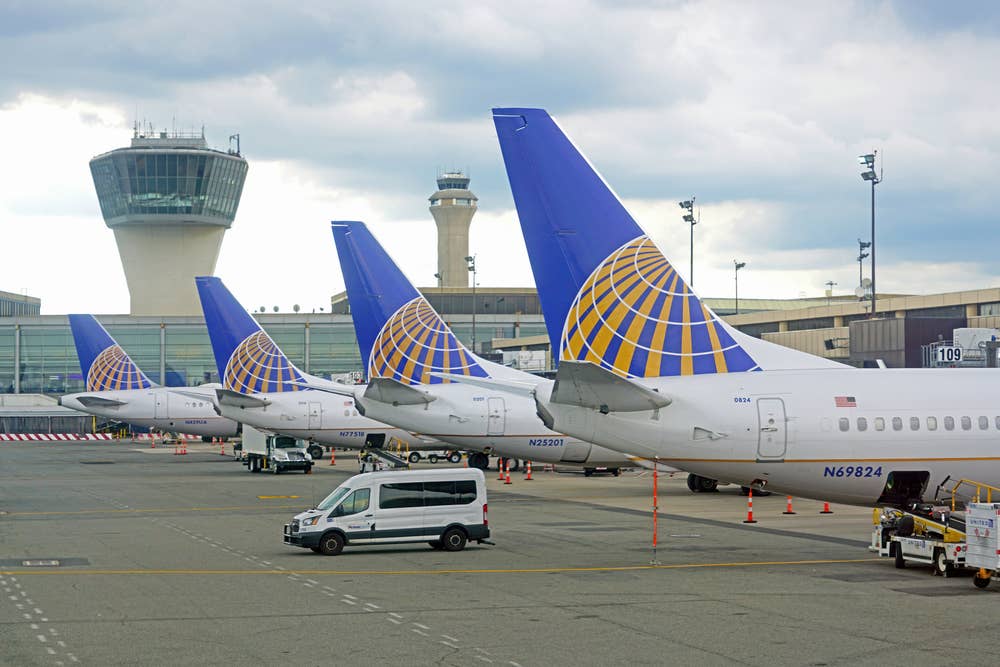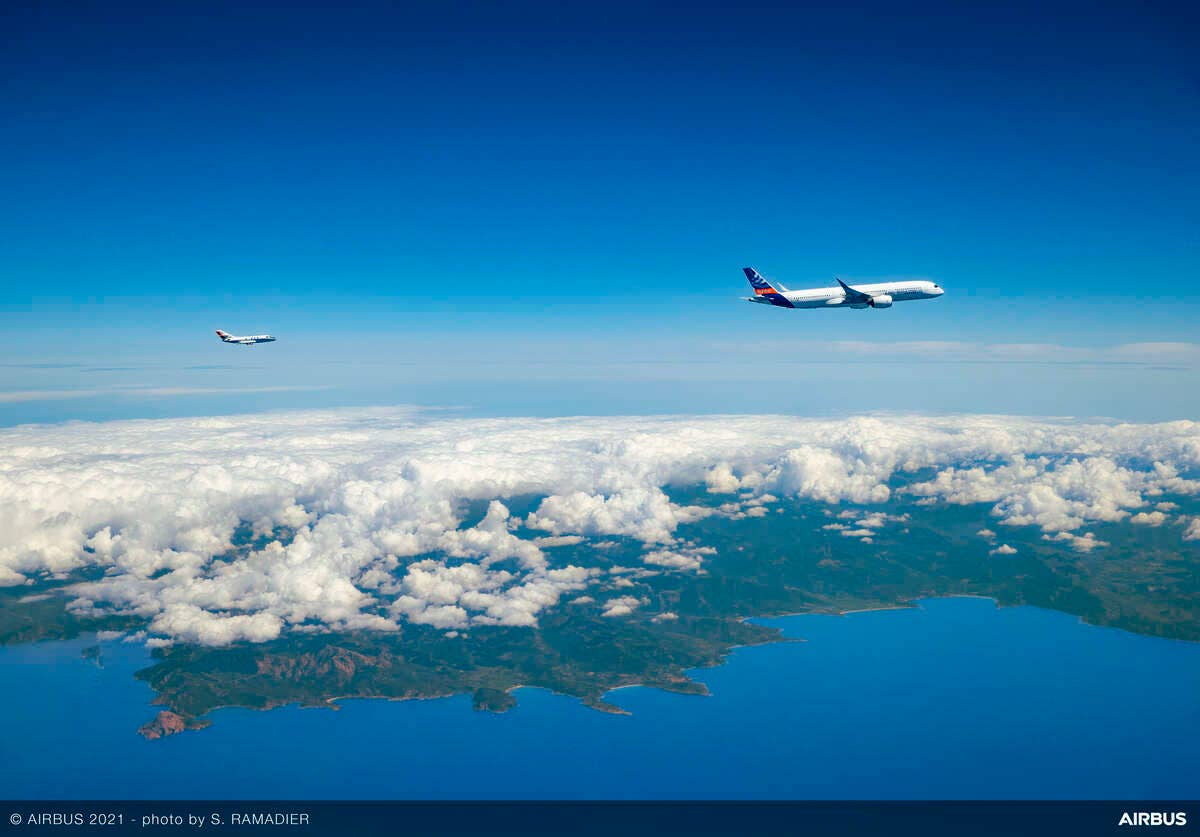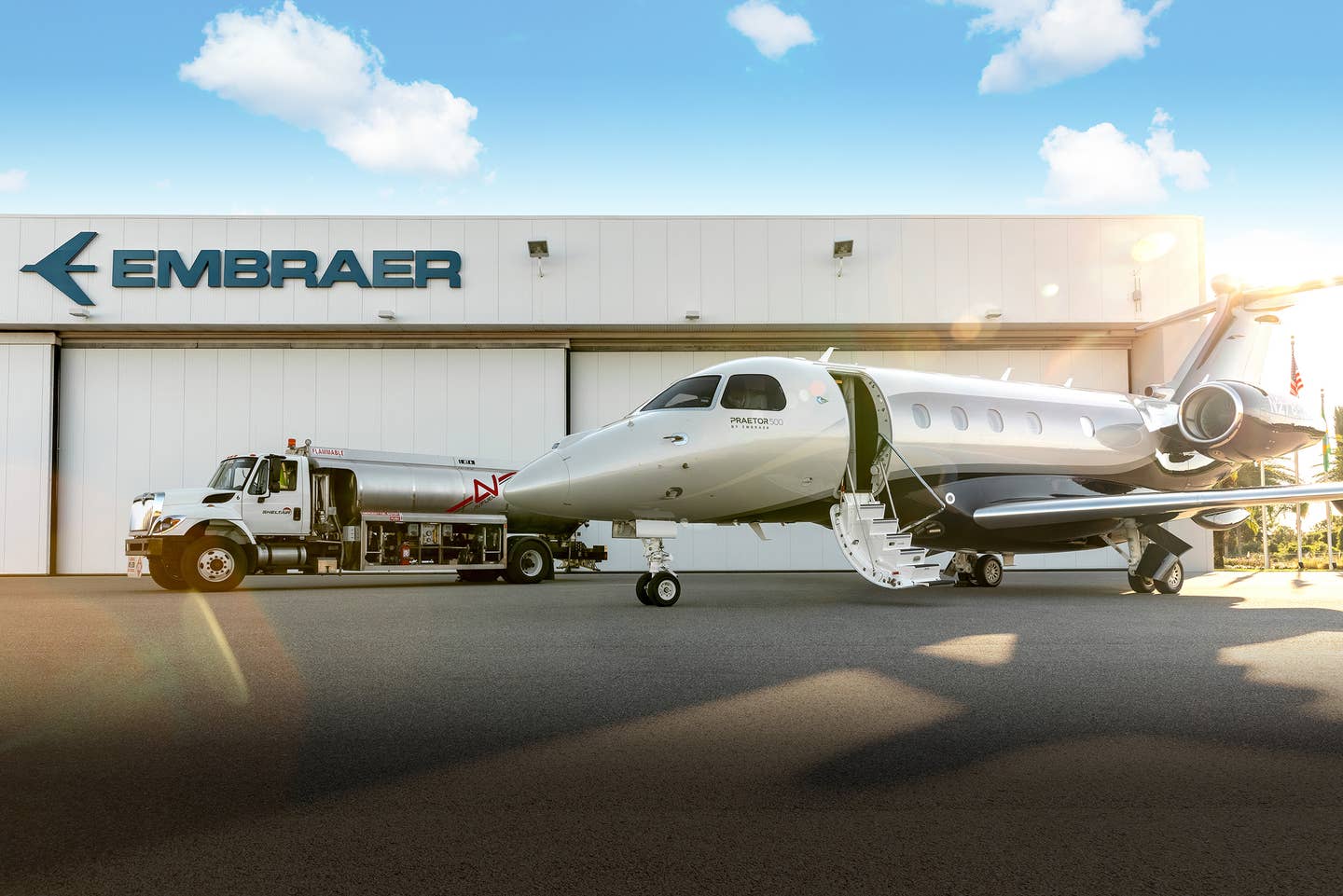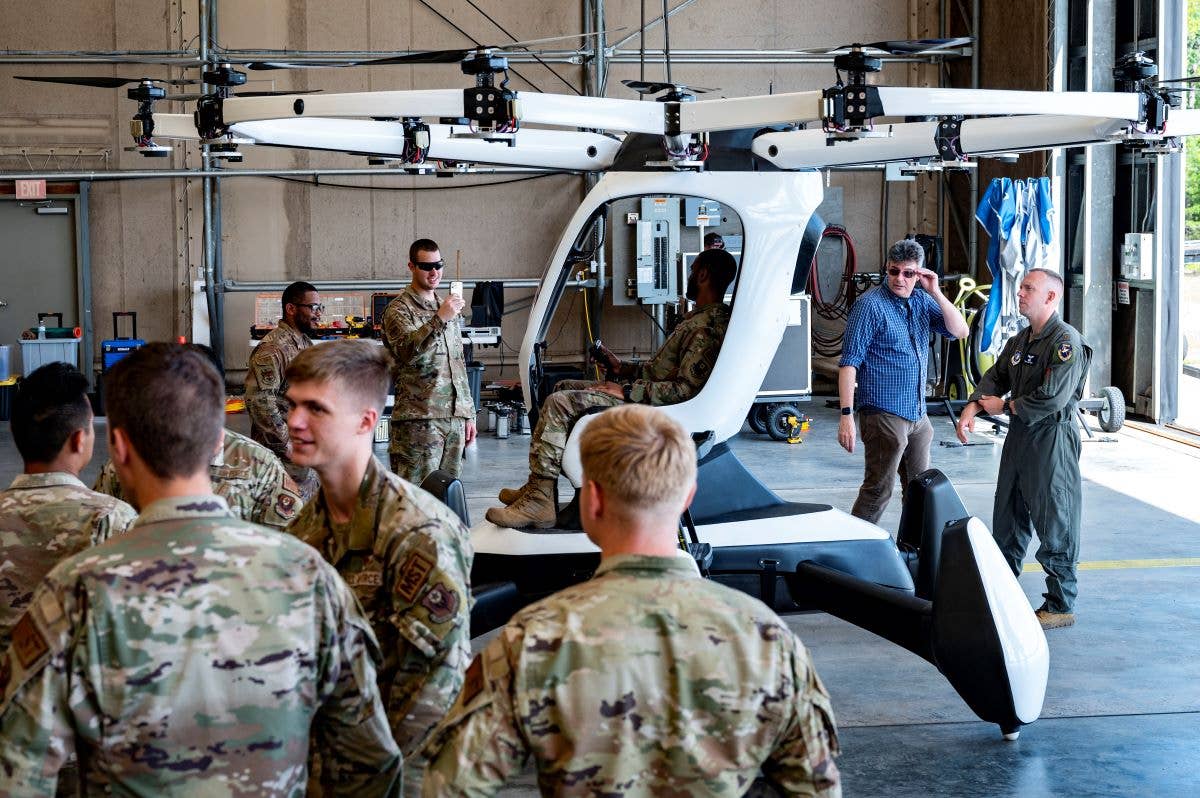Virgin Atlantic Makes First Transatlantic Commercial Flight on 100 Percent SAF
A Virgin Atlantic Boeing 787 with Rolls-Royce Trent 100 engines flew London Heathrow to New York JFK powered by 100 percent sustainable aviation fuel on Tuesday.

Air bp supplied the sustainable aviation fuel for Virgin Atlantic’s landmark flight. [Courtesy: Virgin Atlantic]
Virgin Atlantic on Tuesday completed its long-planned flight, known as “Flight100, from London’s Heathrow Airport (EGLL) to New York’s John F. Kennedy International Airport (KJFK) using 100 percent sustainable aviation fuel (SAF), the first such flight by a major airline.
The aircraft, a Boeing 787, was equipped with Rolls-Royce Trent 1000 engines. Rolls-Royce recently confirmed that all of its current jet engines were compatible with SAF. Virgin Atlantic said the flight was “the culmination of a year of radical collaboration” aimed at demonstrating that SAF is a safe replacement for fossil-derived jet fuels.
“The world will always assume something can’t be done, until you do it. The spirit of innovation is getting out there and trying to prove that we can do things better for everyone’s benefit,” said Richard Branson, Virgin Atlantic’s founder. “I couldn’t be prouder to be on board ‘Flight100’ today alongside the teams at Virgin Atlantic and our partners, which have been working together to set the flight path for the decarbonisation of long-haul aviation.”
The airline said SAF can play a significant role in the decarbonization of long-haul aviation and in moving the industry toward its goal of net-zero emissions by 2050. The fuel, made from waste products, results in carbon dioxide life cycle emissions savings of up to 70 percent while performing like traditional jet fuel.
“Virgin Atlantic has been challenging the status quo and pushing the aviation industry to never settle and do better since 1984,” Branson said. “Fast forward nearly 40 years, [and] that pioneering spirit continues to be Virgin Atlantic’s beating heart as it pushes the boundaries from carbon fiber aircraft and fleet upgrades to sustainable fuels.”
The SAF used on “Flight100” is a blend of 88 percent HEFA (Hydroprocessed Esters and Fatty Acids) supplied by Air BP and 12 percent SAK (Synthetic Aromatic Kerosene) supplied by Virent, a subsidiary of Marathon Petroleum Corp. The HEFA is made from waste fats, while the SAK is derived from plant sugars.
“We are incredibly proud that our Trent 1000 engines are powering the first ever widebody flight using 100 percent sustainable aviation fuel across the Atlantic,” said Simon Burr, Rolls-Royce group director of engineering, technology and safety. “Rolls-Royce has recently completed compatibility testing of 100 percent SAF on all our in-production civil aero engine types, and this is further proof that there are no engine technology barriers to the use of 100 percent SAF. The flight represents a major milestone for the entire aviation industry in its journey toward net-zero carbon emissions.”

Subscribe to Our Newsletter
Get the latest FLYING stories delivered directly to your inbox






